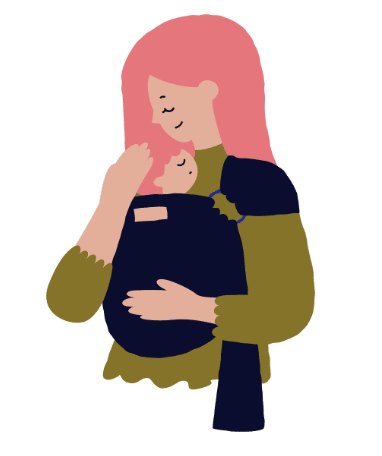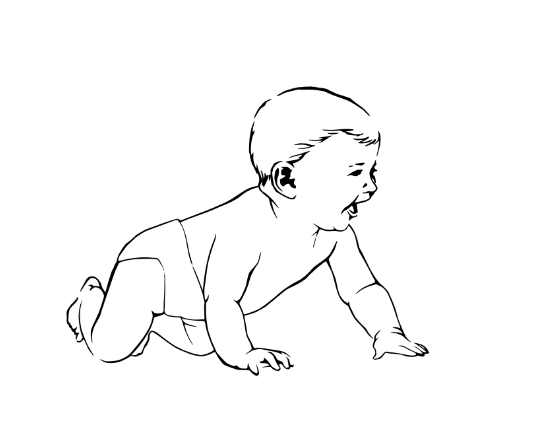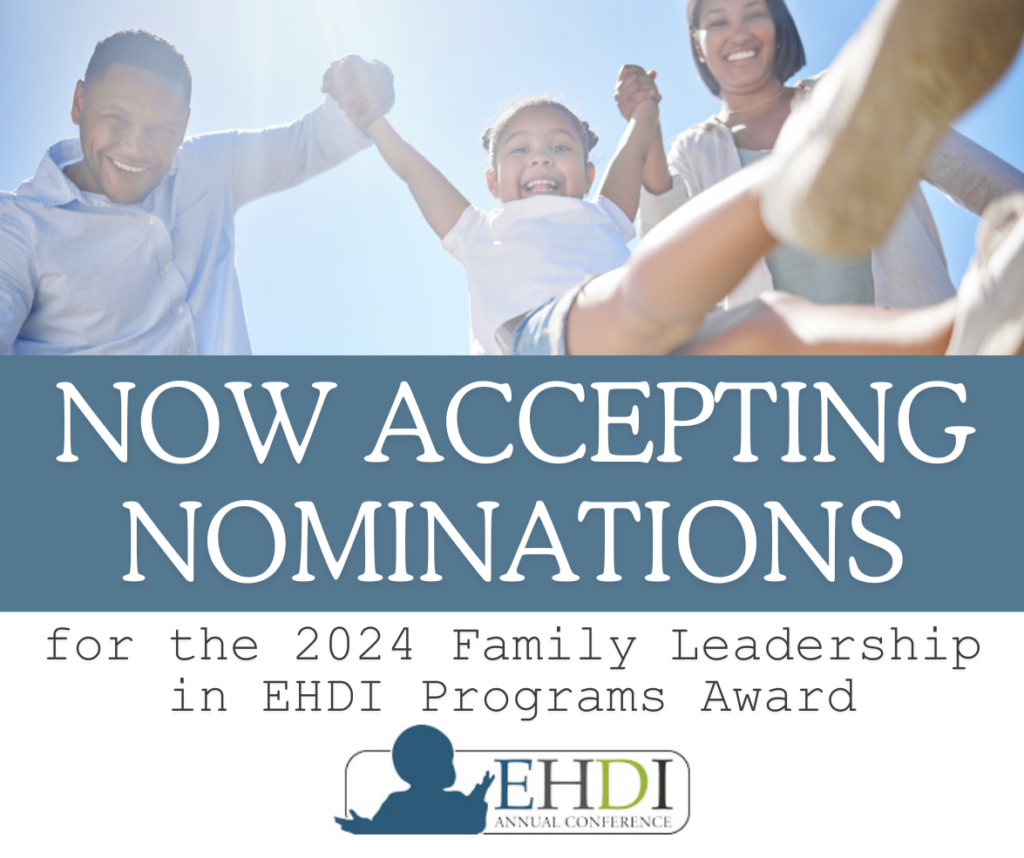Register here: https://usu.co1.qualtrics.com/jfe/form/SV_cApi36dXoLqVpPw
Webinar Description:
This coffee chat will share tips and resources on how to support families whose deaf or hard of hearing children may also have low vision or blindness, especially children who have additional disabilities. Since children who are deaf or hard of hearing rely on vision when trying to fill in missing sensory information, it is important to check their vision status.
We would like to highlight the need to investigate further to determine if children have combined hearing and vision loss (deafblindness). The Minnesota DeafBlind Project will discuss how they have built and continue to build partnerships with the Minnesota Department of Health for EHDI focus as well as the Minnesota Hands and Voices chapter to identify deafblind children at the earliest age possible. These partnerships have raised awareness about the impact of combined hearing and vision loss. This coffee chat will build upon the January 17, 2024, Coffee Chat when common etiologies and risk factors associated with deafblindness were covered.
Webinar Presenters:
Deanna Rothbauer is the project co-director of the Minnesota DeafBlind Project and has worked with the Project for the past 16 years. She previously held the position of project coordinator and family engagement coordinator. Deanna has a bachelor’s degree in healthcare and human services management. She is the parent of a young adult who is deafblind and has CHARGE syndrome. She is passionate about helping families navigate the joys and challenges that coincide with raising a child with complex needs including deafblindness. She has extensive experience with family involvement at a local hospital, having served as a family-to-family volunteer, a family advisory council member, and a past member of the ethics committee. In addition to her work with the MNDBP, she is the grant program manager for multiple low incidence disability grants held by the MNDBP fiscal host.
Ann Mayes has worked in the field of special education for almost 35 years. She was a teacher of deaf/hard of hearing in a variety of settings including self-contained classrooms, a bilingual-bicultural charter school, and as an itinerant teacher for the first 30 years. Ann is a deaf woman who is fluent in ASL, Cued English and is learning more about Protactile Language. During her time as a teacher, she also taught a range of students with deafblindness and supported interveners, educational interpreters, and was a lead teacher/mentor. In the field of deafblindness, Ann is currently the statewide DeafBlind specialist with the Minnesota Low Incidence Projects and the education specialist for the MN DeafBlind Project. When she’s not working, she is a proud grandmother of one granddaughter and will soon have another. She’s also an avid indoor gardener and knitter.
Brandy Sebera is the Family Engagement Coordinator (FEC) with the Minnesota DeafBlind Project. She has a bachelor’s degree in Community Psychology and a master’s degree in special education. Brandy has worked in both special education classrooms and as an in-home educator for children with complex needs, including those with deafblindness. As the FEC, Brandy supports families in MN who have a deafblind child through individual meetings, information and resource sharing, family education training which includes monthly virtual meetings, and hosting a variety of family events. She is a member of the MN Hands and Voices Advisory Council. In addition to her work with the MNDBP, Brandy serves as an adjunct professor with the University of South Dakota and oversees the Concentration in Deafblindness series which includes four 3-credit graduate courses in deafblindness.




